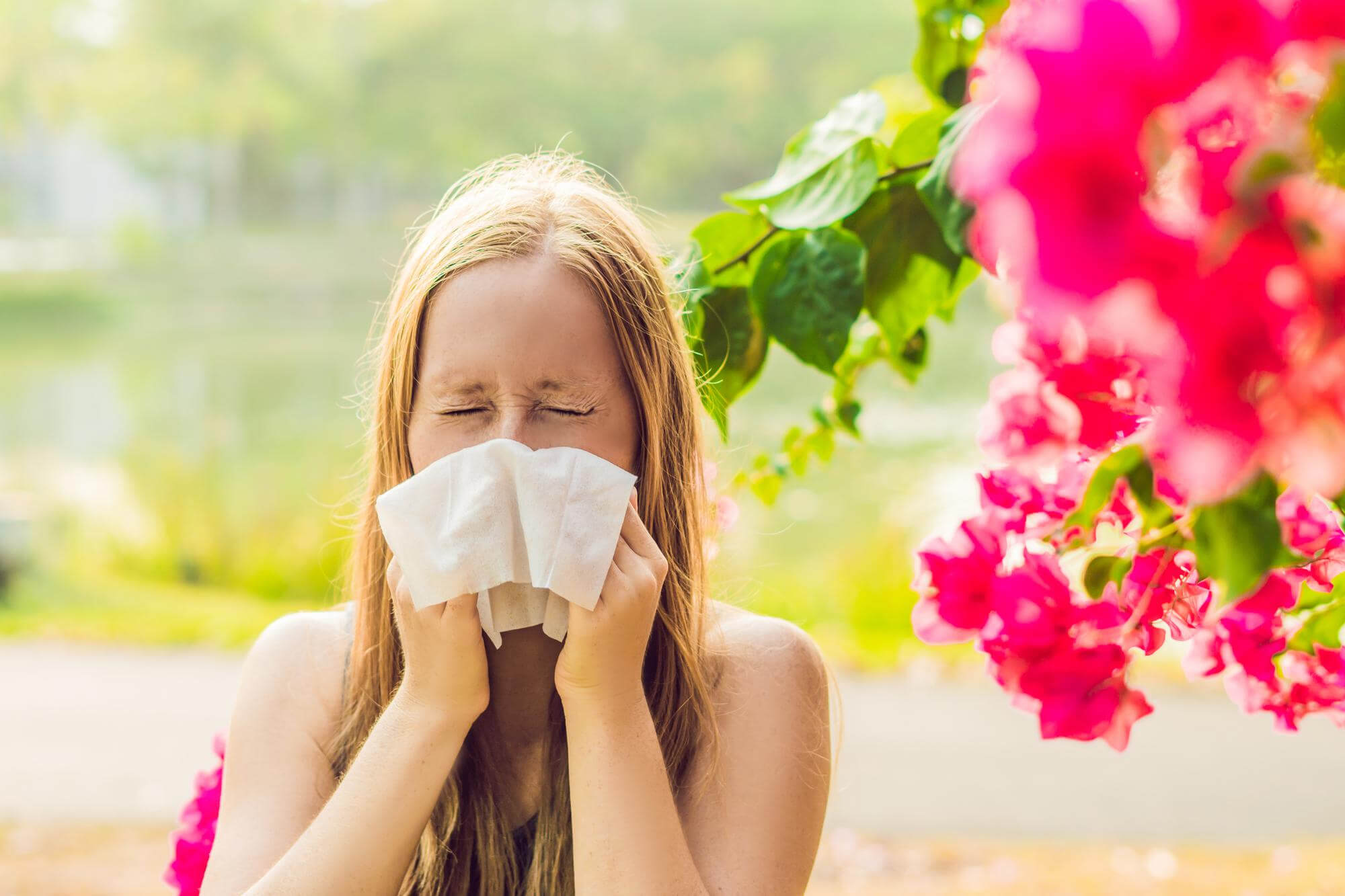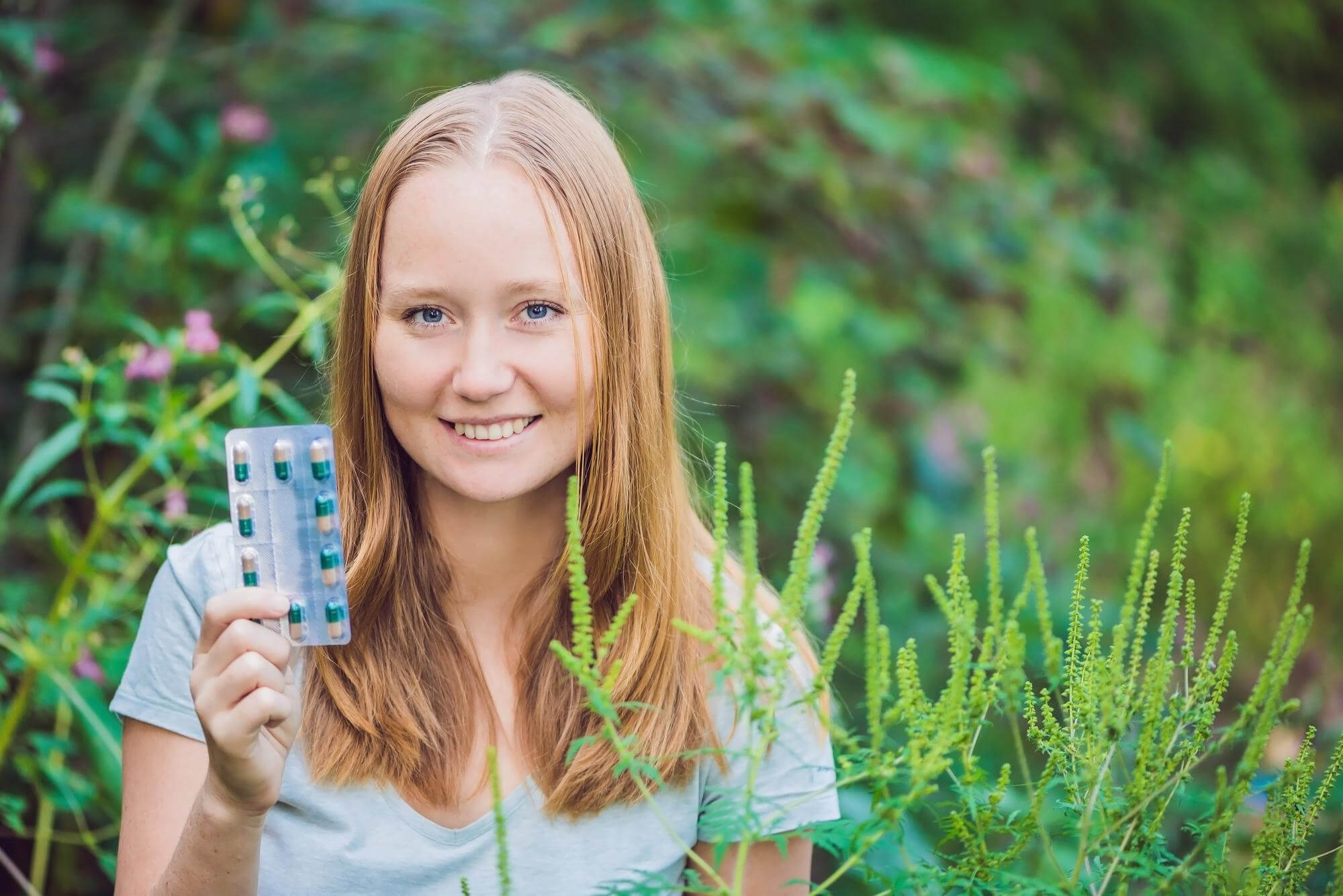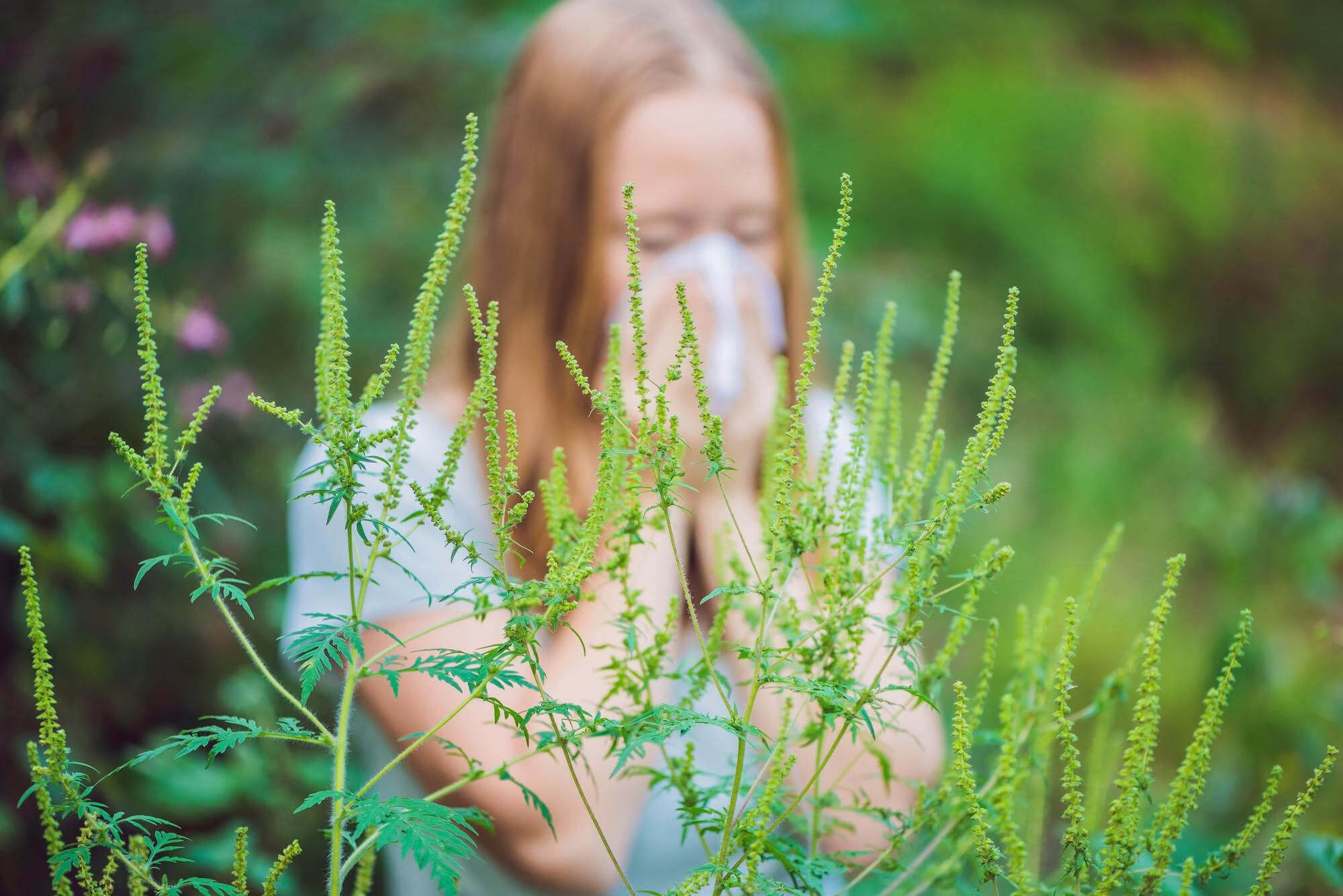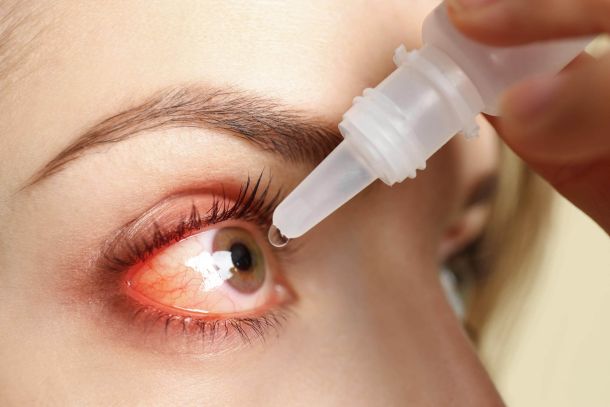Coping with allergies in adults: useful tips


Irina Makarova
What are allergies?
An allergy is the body's hypersensitivity to certain substances called allergens. Contact with allergens results in an allergic reaction, which can be manifested by various symptoms.
Varieties of allergies in adults
Allergies in adults can be of many types, including food allergies, contact allergies, respiratory allergies, and others. They can be caused by different causes and can manifest in different ways.
Causes of allergies in adults

- Genetic predisposition is one of the main causes of allergies. If there is a family history of allergies, the likelihood of developing allergies in offspring increases.
- Seasonal allergies are usually caused by exposure to allergens, such as plant pollen or mold, that are active at certain times of the year.
- Food allergies can be caused by various foods such as nuts, dairy products, eggs, fish, etc.
- Contact allergies occur when the skin is exposed to various chemicals, including cosmetic products.
Certain diseases and immune system disorders can increase the risk of allergic reactions.
Allergy symptoms in adults

Skin manifestation
- Urticaria is a skin reaction characterized by redness, itching, and rashes that resemble the marks of insect bites or nettle burns.
- Eczema manifests as inflammation of the skin, accompanied by itching, redness and the formation of small blisters with fluid.
- Contact dermatitis causes inflammation of the skin at the site of contact with the allergen, accompanied by itching, redness and swelling.
Respiratory symptoms
- Runny nose and sneezing are common allergy symptoms caused by exposure to allergens on the nasal mucosa.
- Swelling of the mucous membranes can cause difficulty in nasal breathing and nasal congestion.
- Shortness of breath and shortness of breath can be caused by allergic inflammation of the bronchi or lungs.
Other symptoms of allergies
- Allergies can cause itchy and watery eyes because of exposure to allergens in the mucous membrane of the eyes.
- Headaches and fatigue may be related to the general inflammatory process in the body in allergies.
- Allergies to certain foods can cause digestive disorders such as nausea, vomiting, diarrhea or constipation.
Diagnosis of allergies in adults

To determine an allergy, an allergist collects a medical history and examines the patient to look for characteristic signs of the allergy.
- Skin tests help determine what an adult may be allergic to by applying allergens to the skin and assessing the body's reaction.
- Specific immunoglobulin E tests can identify allergens that cause increased antibody production.
- Differential diagnosis includes ruling out other conditions that have similar symptoms to allergies, such as colds, infectious diseases or psychosomatic disorders.
Treating allergies in adults

One of the main ways to manage allergies is to avoid contact with allergens that cause an allergic reaction.
Following a healthy diet and lifestyle can help strengthen the immune system and reduce the risk of developing allergies.
Medications
Antihistamines such as Cetirizine, Loratadine or Fexofenadine help relieve itching, swelling and other allergy symptoms by blocking the action of histamine.
Hormonal ointments and creams such as hydrocortisone or methylprednisolone are used to treat skin allergy symptoms such as eczema or contact dermatitis.
Anti-inflammatory and vasoconstrictors, such as inhalation with beta-agonists (salbutamol) or use of nasal sprays (xylometazoline), help relieve respiratory symptoms of allergies.
Allergy-specific immunotherapy (ASIT)
Allergy-specific immunotherapy (ASIT) is a treatment method that involves gradually administering increasing doses of an allergen in order to develop immunity to it. This method may be effective for allergies to plant pollen, house dust, or mold.
Alternative treatments
Alternative treatments for allergies include the use of herbal infusions, homeopathy, or acupuncture. However, you should consult your doctor before using alternative methods.
Allergy prevention in adults

Prevention of allergies includes a number of measures aimed at preventing contact with allergens, strengthening the immune system and timely treatment of possible allergic diseases. Regular airing of rooms, cleanliness and hygiene, as well as the use of hypoallergenic household and cosmetic products are important points of prevention.
Allergies are a common condition that can present with a variety of symptoms, including skin rashes, runny nose, and difficulty breathing. To successfully treat allergies, it is important to determine the cause and contact with allergens. An allergist may suggest medication and additional therapies, such as ASIT or alternative methods. Preventing allergies involves taking precautions, strengthening your immune system, and seeing a specialist in a timely manner.
New materials
Popular Articles
We recommend reading
Contact us in the Contact Us section to ask questions, offer ideas, or for more information about our allergy resource.
Our articles are your trusted source of allergy knowledge. Learn how to make life with allergic reactions easier on our specialized portal.
©
Lechenie-Allergii.com. All rights reserved.
© Lechenie-Allergii.com. All rights reserved.
The information on this site is for informational purposes only and is not a substitute for professional medical advice. We recommend consulting with qualified medical professionals for accurate information and advice.
 English
English  Українська
Українська  Русский
Русский 









